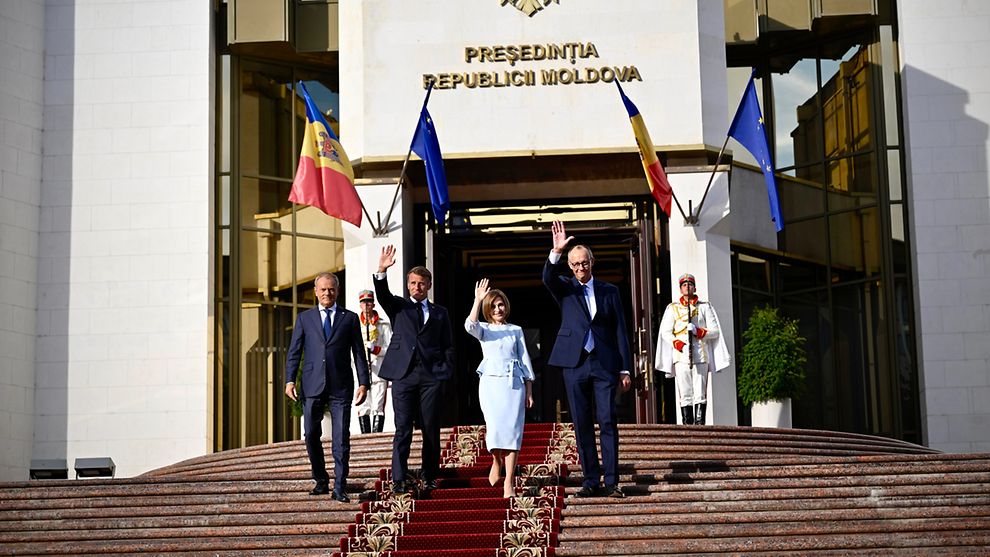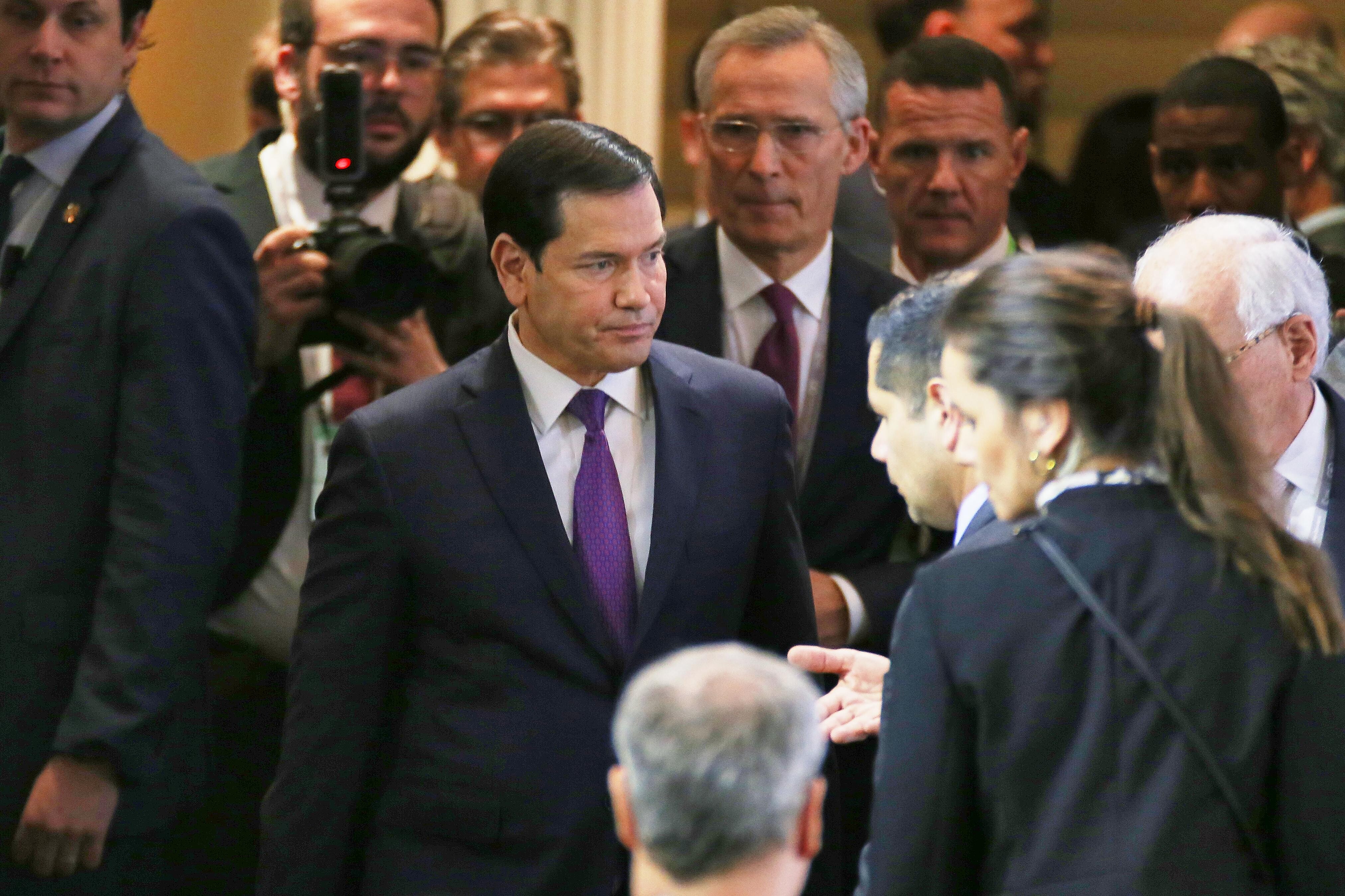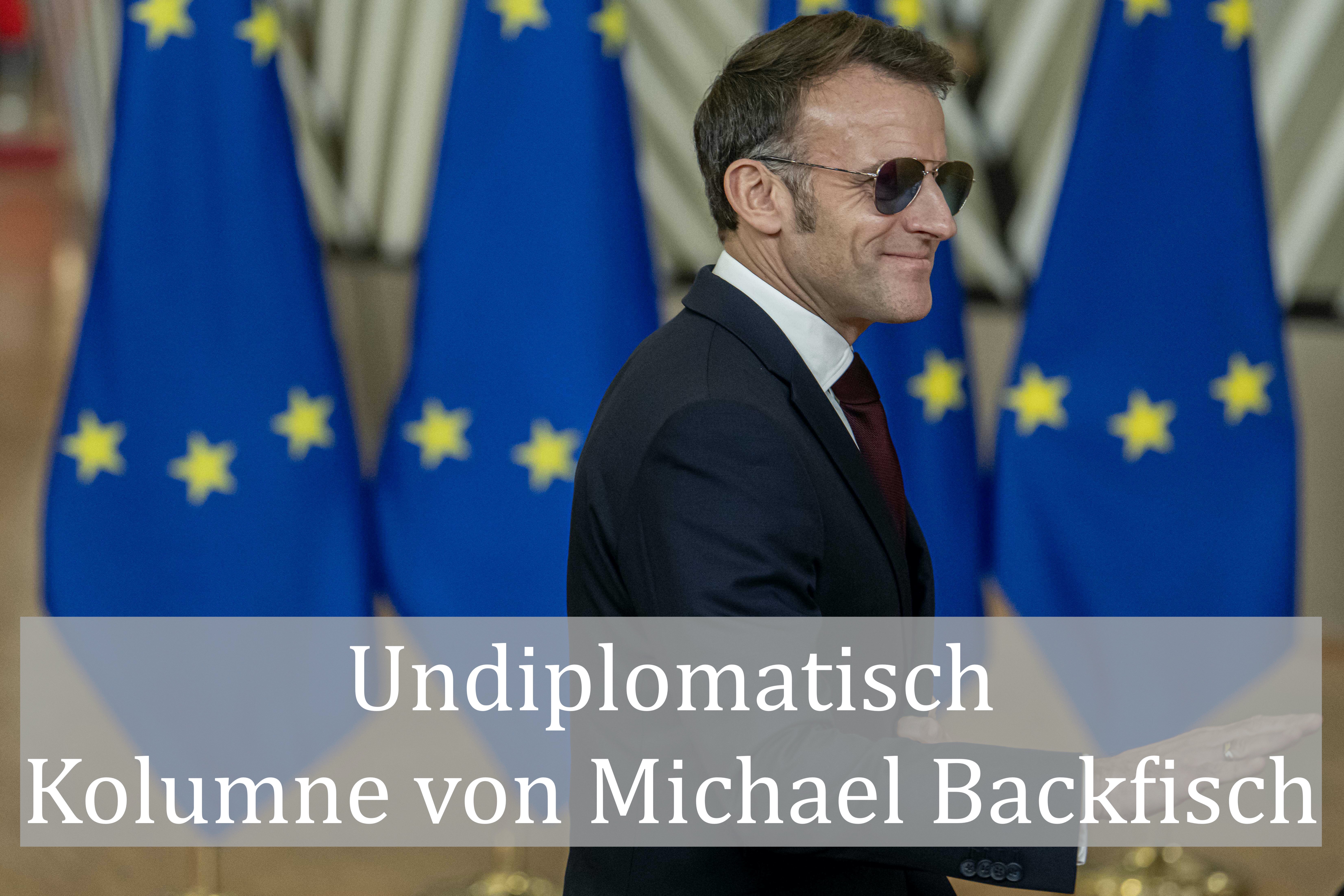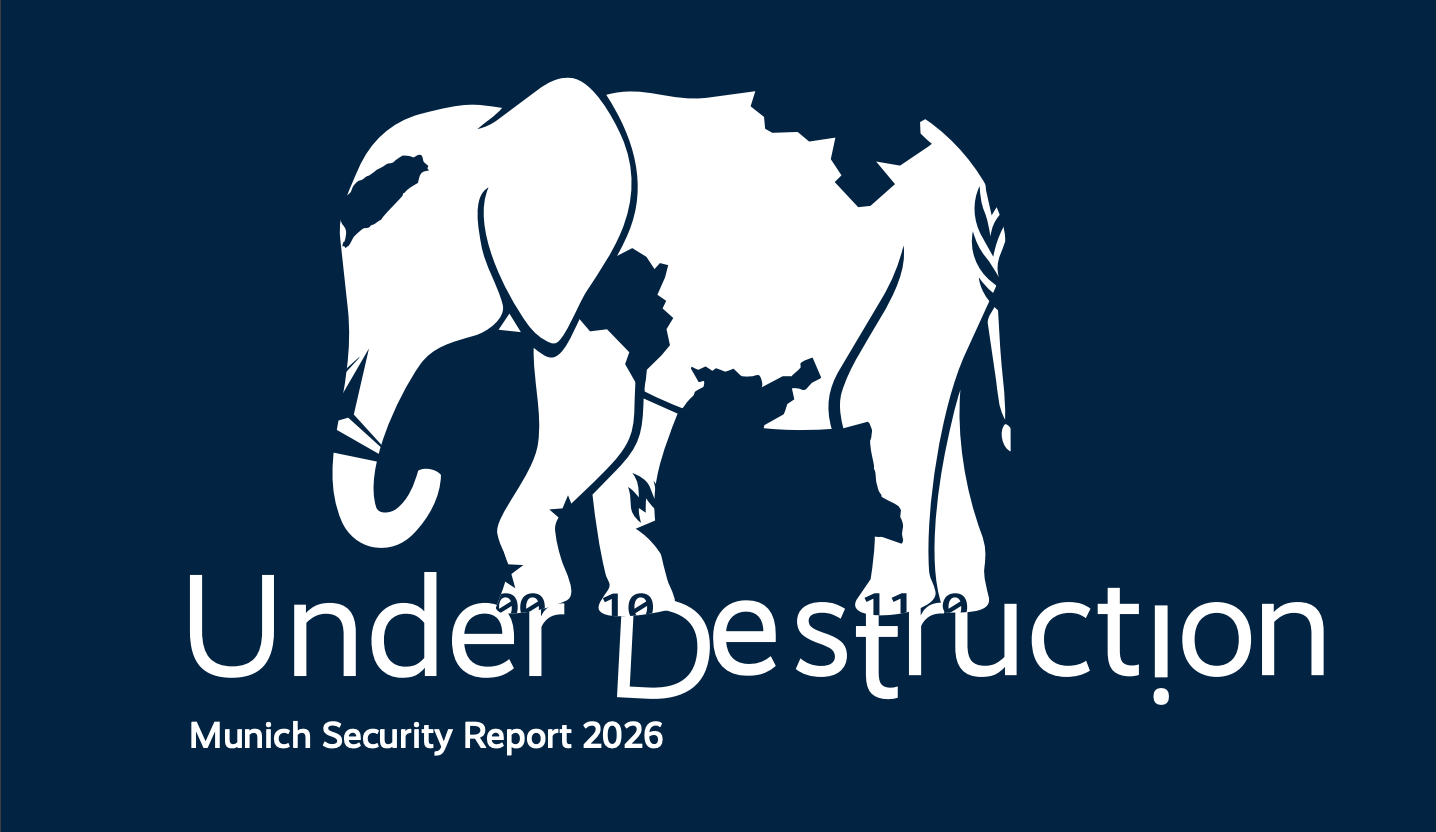diplo.news
One conflict, a different setting, same mistakes
Column by Gudrun Dometeit

It was around the year 2000 when I travelled to the Republic of Moldova particularly frequently for research purposes. Either before elections or on invitations to see the development of modern viticulture. Or to investigate rumours of a thriving organ trade. Or to visit so-called orphan villages, where almost all of the children lived with their grandparents because their parents were earning money somewhere in the West. There were few jobs in Moldova, but all the more oligarchs who managed to make themselves rich even in the poorest country in Europe.
I experienced a very traditional, rural country, a multi-ethnic state sandwiched between Romania and Ukraine, whose limited territory was shared by Moldovans, Romanians, Bulgarians, Ukrainians, Russians, Gagauz, Roma, Jews and Belarusians. And even then, Moldova was torn between Russia and the later EU and NATO member Romania, to which parts of Moldova once belonged. Shortly after the collapse of the Soviet Union and independence from Moldova, Russia occupied the eastern part of Transnistria.
Today, over 20 years later, this situation has changed shockingly little despite some economic and judicial reforms. The Transnistria conflict has not been resolved, traditional agriculture still plays a major role, oligarchs are still heavily involved in politics - even when, as in the case of the pro-Russian opposition politician Ilan Shor, they are convicted of fraud in their home country — and Moldova is still one of the poorest countries in Europe. The brain drain has continued over the years. Since the beginning of the nineties, the population has now shrunk by 35 percent to around 2.4 million people. Now it is not only workers looking for jobs in construction who are leaving, but also young entrepreneurs whom Moldova urgently needs at home.
And yet resolving this ongoing crisis, which began long before the war in Ukraine, plays only a very minor role before the parliamentary elections taking place on Sunday. Instead, geopolitics dominate the election campaign. Who is for Russia, who is for Europe? Polarization is fuelled from outside. In the shadow of the war in Ukraine, the next conflict front is building ever higher.
Moldova's pro-European President Maia Sandu and her Action and Solidarity Party (PAS) are worried about losing their majority in government. And they blame Russia for this. Moscow is waging an ‘unlimited hybrid war’ of unknown proportions and interfering in the elections with ‘hundreds of millions’ to buy votes, said Sandu, a Harvard graduate and former World Bank economist. According to official reports, searches across the country have just uncovered a network supported by the Russian military intelligence service GRU, which allegedly includes Moldovans trained in Serbia in the use of firearms and acts of violence against the police. These allegations are rejected by the pro-Russian party bloc led by former President Igor Dodin.
In return, the EU significantly increased its financial aid to €1.9 billion by 2027 in order to ease the burden on Moldova's budget and give Sandu the opportunity to make election promises. EU emissaries have been coming and going for weeks, travelling around the country to promote Europe. At the end of August, prominent campaigners Donald Tusk, Emmanuel Macron and Friedrich Merz even made a flying visit to Chisinau, Moldova's capital. Moldova's ambitious goal is to join the EU as early as 2030, just six years after accession talks began. Romania is also heavily involved in its neighbour's affairs: individual opposition politicians are banned from entering the country, and right-wing parties there have been vociferously calling for reunification with Romania – which, naturally, does not go down well with Moldova's Russian-speaking population.
Certainly, the EU wants to prevent Moscow from expanding or retaining its influence over another former Soviet republic. Nevertheless, the question is whether to do Moldova a favor with ever greater commitment or whether this will further exacerbate the polarization in the country. The ruling PAS has most of its supporters in the capital, while the opposition, consisting of socialists and Russophile parties, tends to win in the provinces. Sandu won last year's referendum on EU membership by only a very narrow majority – allegedly aided by massive vote buying. Interestingly enough, in Russian-controlled Transnistria, 30 percent voted for membership, while in southern, very traditional Gagauzia, it was only five percent.
It should also be noted that Sandu, a pro-European, won the last election – she has been in power since 2020 – primarily with the help of the diaspora. According to estimates, around one million Moldovans live abroad, who are considered to be the president's real power base. They would have to be mobilised again in this election. However, this also means that emigrants, who have often been living abroad for years and have become detached from the reality of life for their compatriots, will have a decisive say in the fate of their country. This, too, could exacerbate the fragmentation of a society that is already struggling to establish its own Moldovan identity.
Wouldn't it be wiser for the West not to force the country to choose between us and Russia, or even no one, as it did in the case of Ukraine? Wouldn't it be better to address the complex situation in the country instead of offering unconditional support to one side? Former Liberal Democratic Prime Minister and Foreign Minister Iurie Leanca is critical of the EU, but above all of his own compatriots. Moldovans must finally engage in serious discussion about their future, for example his economic model. The government has not made use of its majority – which was almost absolute four years ago – and economic growth is currently at just 0.4 per cent. The slogan from back then, ‘We are fighting corruption,’ has been replaced by ‘We are fighting Russia.’ ‘The biggest problem, however, is us Moldovans ourselves, not the Russians, the Europeans or anyone else.’ The EU should not simply accept the government's inefficiency.
But these are probably called geopolitical interests: The West sometimes turns a blind eye when it comes to an overarching goal, namely winning the systemic conflict with Russia. However, quite a few Moldovans fear that their country could become just as much a battlefield as Ukraine and are proposing a policy of neutrality instead. Defaming this only as a Russian narrative is wrong. The idea would definitely be worth discussing when it comes to peace. Or not? If you make a mistake and don't correct it, you commit a second one. Confucius once said that.




